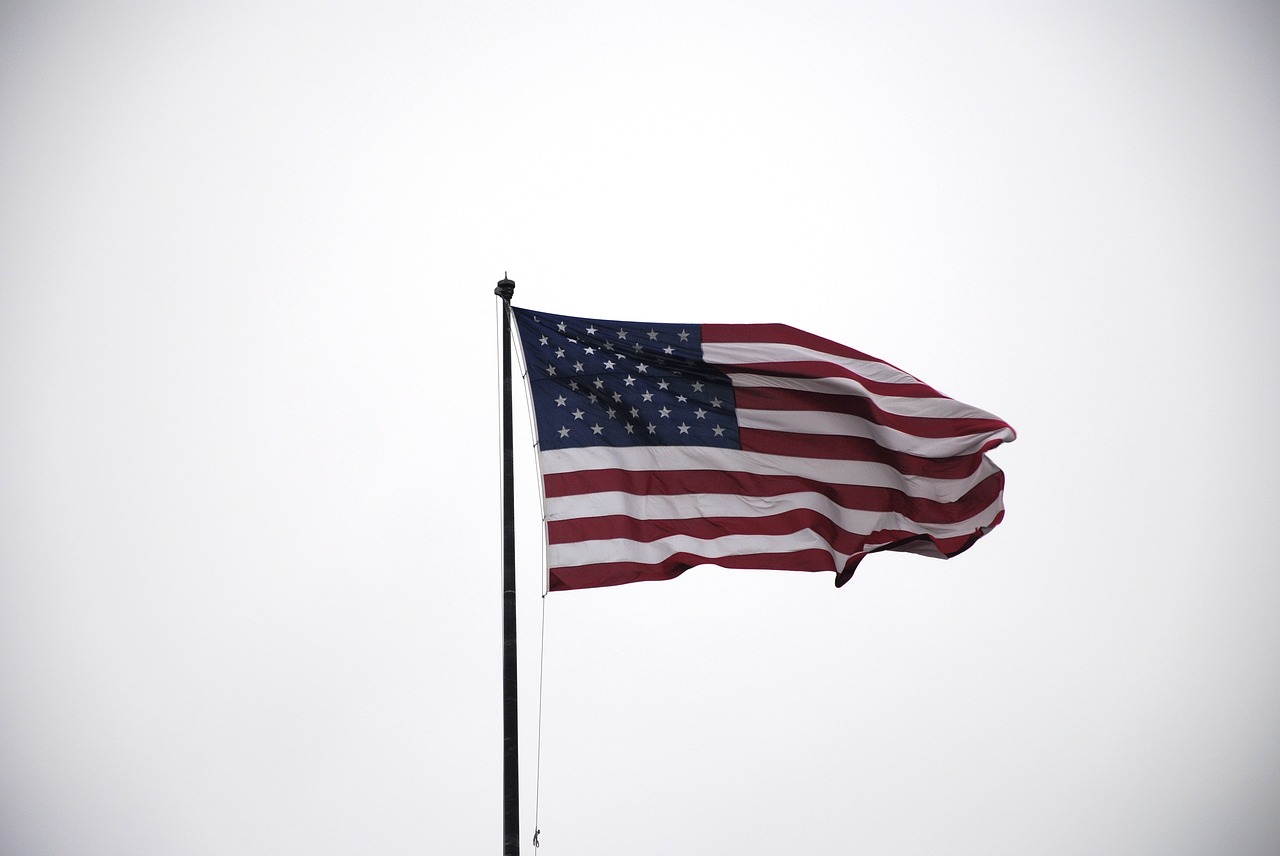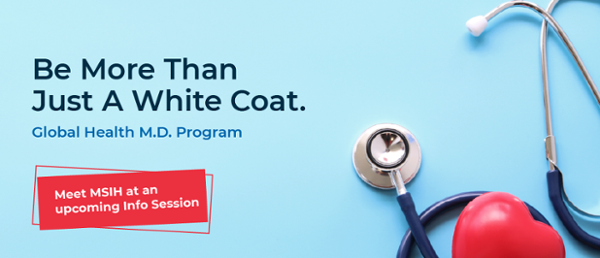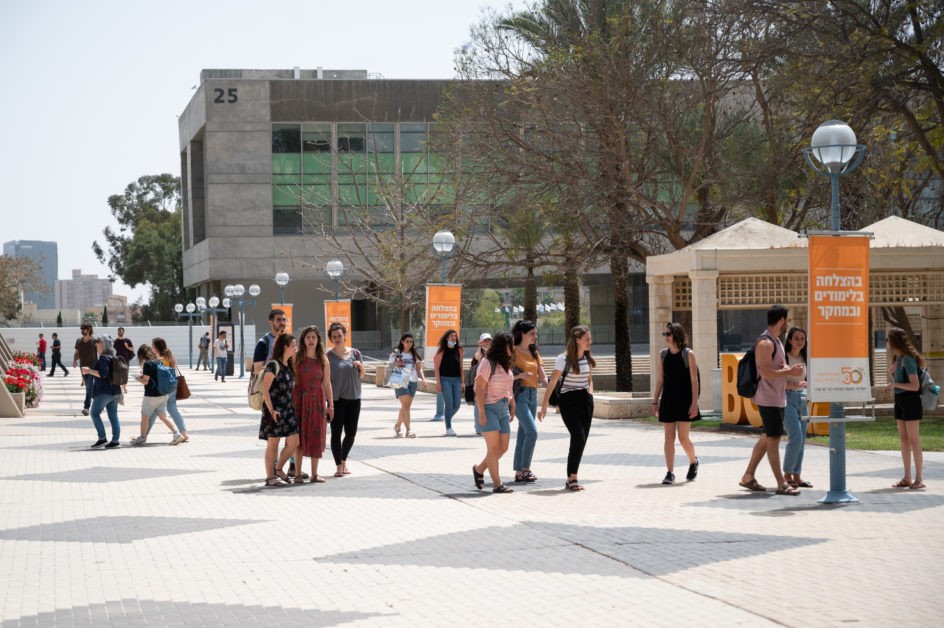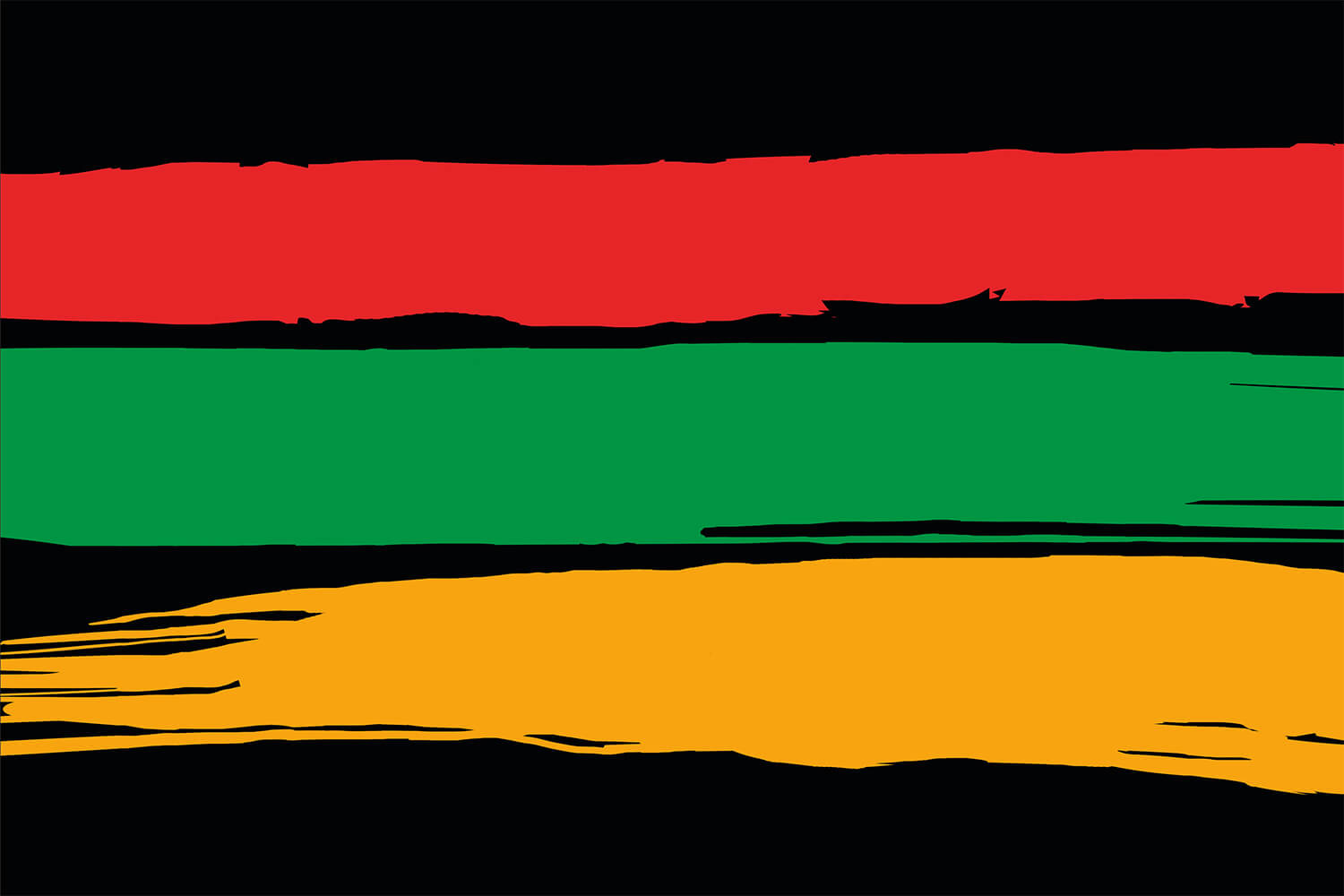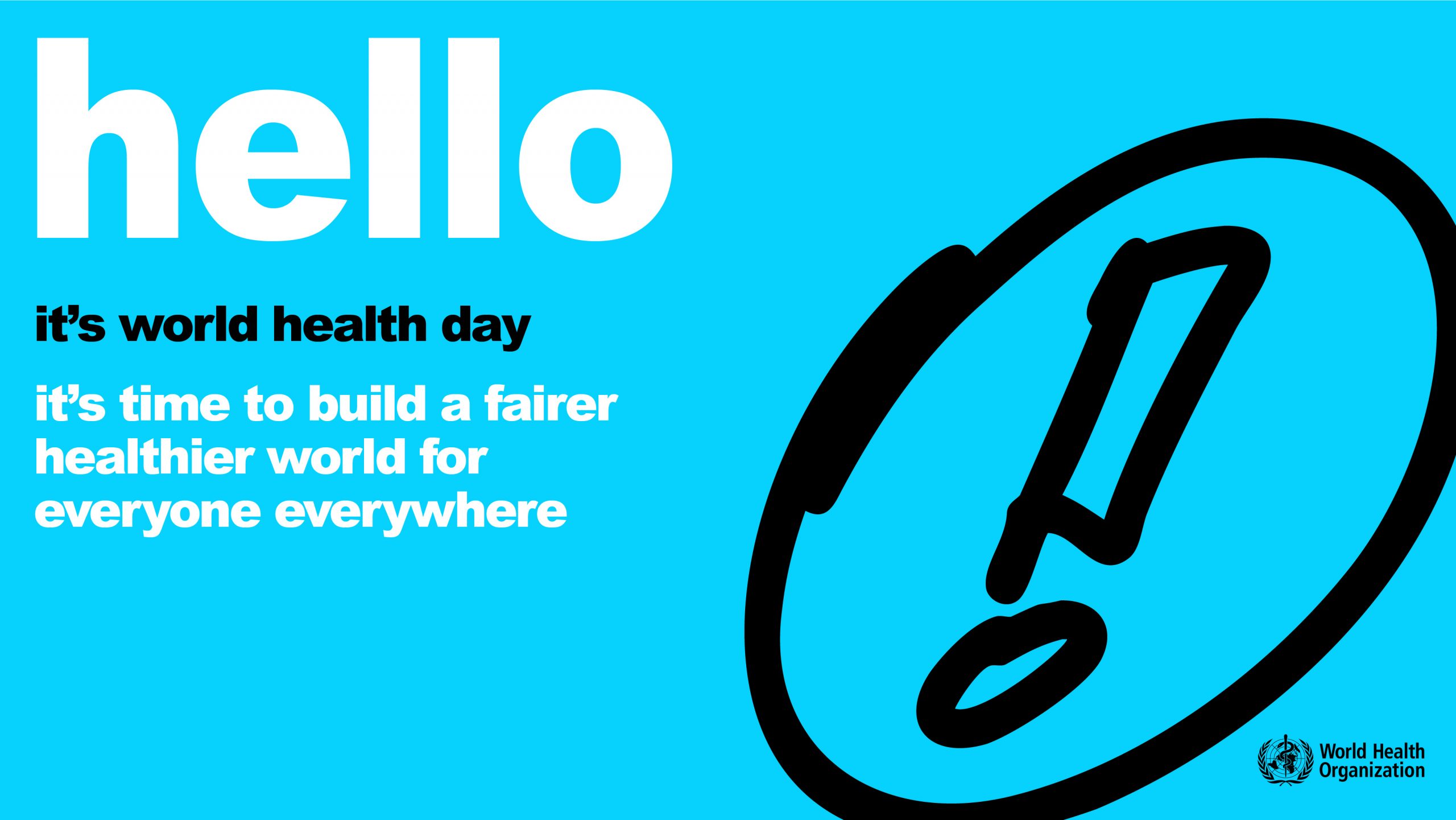Because of its emphasis on global health, graduates of the Medical School for International Health are uniquely prepared to provide health care in underserved regions. Many go on to deal with global health crises, like the current migrant crisis at the US Southern Border. The article below is the third of our 3-part series on MSIH Alumni and their experiences at the border.
Willing to Fight
“Di a luz a una hija ayer,” the young woman told me. “I delivered a daughter yesterday.”
“Felicidades,” I said. “Where is she?” I asked.
“Esta muerta,” she said. Her daughter was dead.
The young woman was from rural Nicaragua. This was her first pregnancy. Early on she learned that her daughter had a birth defect called Gastroschisis, where the abdominal wall fails to close, and the intestines are floating in the amniotic fluid. She traveled to Managua, but the doctors there told her there was nothing that could be done. She should pray and end the pregnancy.
For this young woman, she was willing to fight for her first child. So she decided to come to America. She had heard that this condition could be treated here. That’s true. As a pediatrician, I have cared for many children with Gastroschisis. It is a complicated condition, it requires a NICU stay, parenteral nutrition, surgery, and intensive care, but it is treatable.
The young woman traveled 8 months pregnant by land through Mexico to Matamoros. She crossed the border into McAllen, Texas, and immediately turned herself in to Border Patrol for processing.
An Oasis
I have been driving down to McAllen to volunteer at a small and overwhelmed clinic run by Catholic Charities for the last 5 years. The clinic is a unique and special place. A place out of our time, it seems. The center provides an oasis, a safe place, for upward of 100 individuals a day: mothers, kids, dads who’ve traveled, often for months, have been processed through US Border Patrol, and have finally, against terrible and dangerous odds, arrived here. They are offered a hot meal, a warm shower, a clean change of clothes, and the opportunity to pack a small travel bag with items: toothbrushes, shampoo, maxi pads, diapers, and toys.
The clinic is staffed by volunteer medical professionals (doctors, nurses, EMTs, midwives) who provide a quick and thorough medical assessment and distribute over-the-counter medicines based on need. Mostly we see the kind of things people catch when they are stressed and in close quarters with many others: things like runny noses, coughs, dehydration, headaches, diarrhea. When something more significant is needed (antibiotics, hospitalization) the clinical volunteers ensure that the mother, kid, baby, father, receives that care.
“What happened to your daughter?”
It was 10 pm and people were beginning to roll out their mats for the night when I met the young woman from Nicaragua. “Que Paso?” I asked her. “What happened to your daughter?”.
She had gone into labor while in US Border Patrol custody. The agents recognized that she was bleeding, and took her to the local McAllen hospital bounded by an electronic bracelet on her foot, the anklet she still wore. She had delivered a stillbirth. Her daughter was still at the hospital morgue. Gastroschisis is prone to causing distress in a fetus, and complicated pregnancies are common. Typically this condition would prompt a cesarean section at my hospital, with surgeons and neonatologists in the delivery room.
For the young woman, it may have been a cold she had caught in custody. The doctors in the hospital called it bronchitis and prescribed her a Zpack. She was returned to a border patrol detention facility the same day. There, her Zpack was taken away from her. This was something I had seen multiple times while volunteering there. Even Mexican medications for chronic diseases like high blood pressure and diabetes are confiscated. This is what passes for medical care in detention facilities.
The young woman told me the miscarriage was complete, though she did not receive an ultrasound. She had no fever, no abdominal pain. She was spotting on a pad that Catholic Charities had provided, but only a small amount. She was catching a bus in 2 hours to a relative in Minnesota. I told her she probably didn’t need the Zpack. I gave the young woman $150. It was money we had raised from friends and family for our trip down to the border. I don’t know what she spent it on, but I could tell she could use it. It was a whim decision, something I didn’t typically do. “Gracias,” she said. We took a picture together, and then she was gone.
Seeing the Humanity in Others
I was trained to be a pediatrician who works in global health, with the world’s most marginalized and vulnerable kids. At the Medical School for International Health (MSIH) I was surrounded by teachers who’d worked in humanitarian crisis settings around the world: Sudan, Afghanistan, amidst cholera and tsunamis. I’ve worked in Sri Lanka, Vietnam, Tibet, and Ethiopia. What I encounter as a clinician and public health professional in the Rio Grande Valley along the Texas/Mexico border stands apart from the other emergencies I’ve witnessed. The trauma is immense yet the time we have as clinicians to address it is minimal. What my time at MSIH did teach me is that the most important thing a clinician can do is to be present, provide that quiet space, that respite, even for a moment. There is healing power in seeing the humanity in others.
What do I have to report from the border? The biggest revelation, the deepest insight, the most profound testimony? I can report that migrants coming to our country are in fact human beings. Yes, it’s true. They have eyes that look just like ours. They have two arms and two legs. They speak in languages that we can understand. They have mothers and fathers, just like we do. They have children that they hold in their arms, exactly as we might hug our own children. They are not hordes of mindless masses. They are not invading our country. They are people. As a doctor, and a humanitarian, it is not my place to see them as anything else.
About Dr. Adam Rosenbloom
MSIH Alum Adam Rosenbloom, MD, MPH, FAAP is a Complex Care Pediatrician at Children’s Comprehensive Care, a multidisciplinary family-centered medical home in Austin, TX. He is also an Associate Professor at the Dell Medical School at the University of Texas at Austin. He completed his Pediatrics residency at the University of Texas Southwestern Medical School in Austin, TX, and he earned a Master of Public Health from Boston University in Massachusetts.
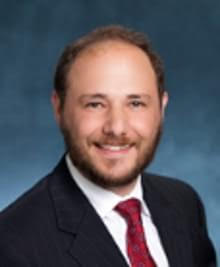
Dr. Rosenbloom submitted an abbreviated version of this piece to a local newspaper in Austin, TX. The piece was published and can be viewed here.
Interested in learning more about the Global Health M.D. Program at MSIH? Click below to see our upcoming events this fall.


